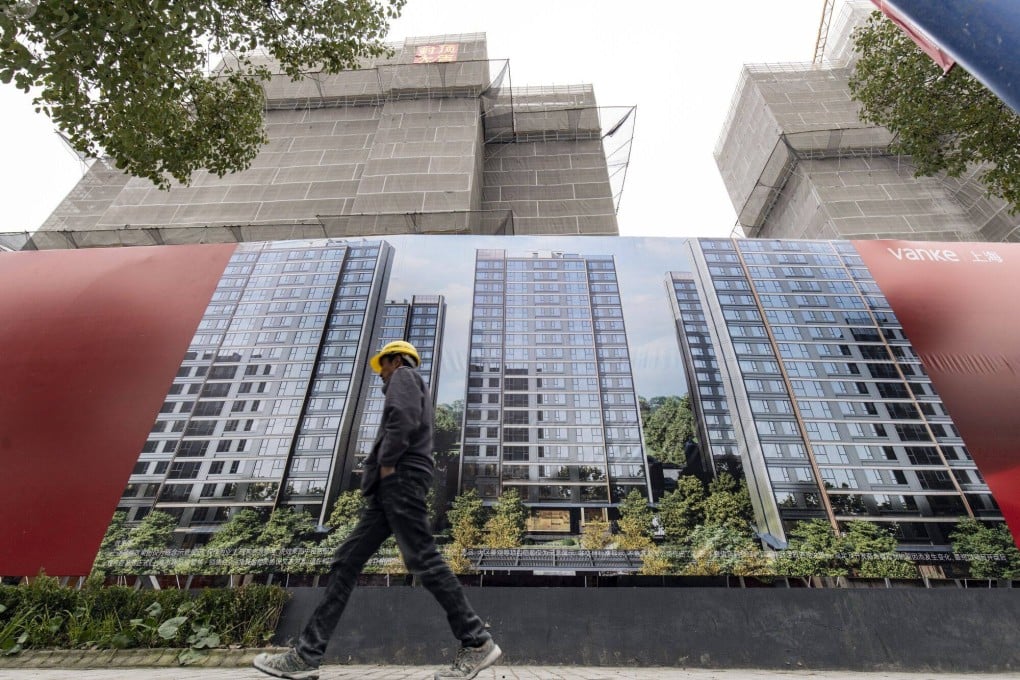China property: Shanghai relaxes home buying restrictions, grants subsidies for new flats to revive sector
- Residents offloading their existing flat to buy a new home will receive a subsidy of 30,000 yuan (US$4,142.50)
- Down payment ratios for first-time buyers have been cut to 20 per cent from 30, and to 35 per cent from 50 for people buying second homes

Shanghai, mainland China’s commercial and financial hub, will relax home purchase restrictions and grant subsidies to people buying new flats in a move designed to bolster the city’s real estate sector.
Down payment ratios for first-time buyers have been cut to 20 per cent from 30 per cent, and to 35 per cent from 50 per cent for people buying second homes, the Shanghai government said in a statement on Monday.
The minimum 5-year mortgage rate has been reduced to 3.5 per cent for first homes from 4.1 per cent, and 3.9 per cent from 4.5 per cent for second homes.
Households with two or more children are now eligible to purchase an additional unit, to meet the housing needs of families more than one child.
Shanghai had barred household since 2011 from owning a third flat to curb the red-hot property market.
